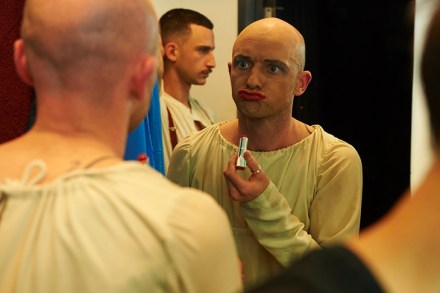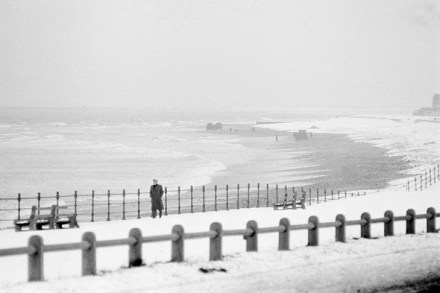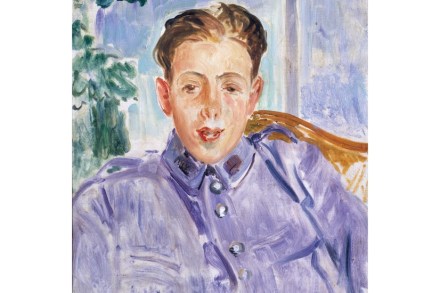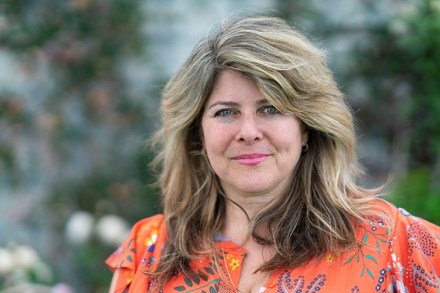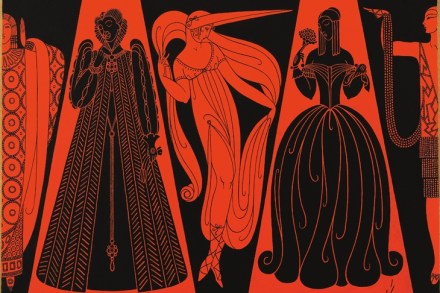Nostalgia for seedy nightclubs reeking of sex and poppers
Gay bar, how I miss you. Barely any lesbian joints have survived the online dating scene, and Grindr has replaced the cruising bars. Why get dressed up and brave the buses when all you have to do to get a date is access an app? I was keen to indulge in some nostalgia when I picked up Jeremy Atherton Lin’s Gay Bar: Why We Went Out. I would now prefer dinner with friends to seedy nightclubs reeking of sex and poppers, but as a youngster I loved a gay disco. Taking us through a personal, historical and political view of the gay bars of London, San Francisco and Los Angeles,
